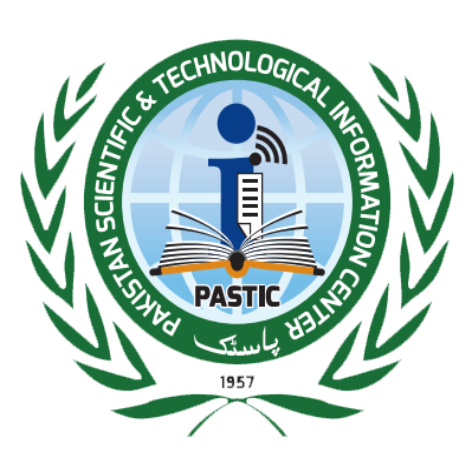|

To be known as a leading organization of Scientific & Technological information resources for supporting Research & Development leading to sustainable socio-economic development in the country. Committed to serve Scientific and Technological Information needs of R&D and Industrial Community through Anticipatory and Responsive Information Services. Information plays a fundamental role for Scientific, Technological and Economic development of a country. Realizing the importance of potential role that Scientific Information plays, government of Pakistan with the assistance of UNESCO established (1957) Pakistan National Scientific and Technical Documentation Centre (PANSDOC) under the Pakistan Council of Scientific & Industrial Research (PCSIR), Karachi to cater to the Scientific Community needs such as Procurement of Documents, Compilation of Bibliographies, Abstracting, Indexing and Technical Translations. An expanded project namely Pakistan Scientific and Technological Information Centre (PASTIC) was launched (1974) around the nucleus of PANSDOC and was transferred from PCSIR to Pakistan Science Foundation (PSF), Islamabad. Presently, PASTIC is functioning as subsidiary of PSF, an autonomous organization under Ministry of Science & Technology. PASTIC is the premier organization in the field of S&T Information and is serving thousands of researchers and other professionals through its specialised information services. Scopes and facilities of PASTIC were expanded after transferring to PSF.
|